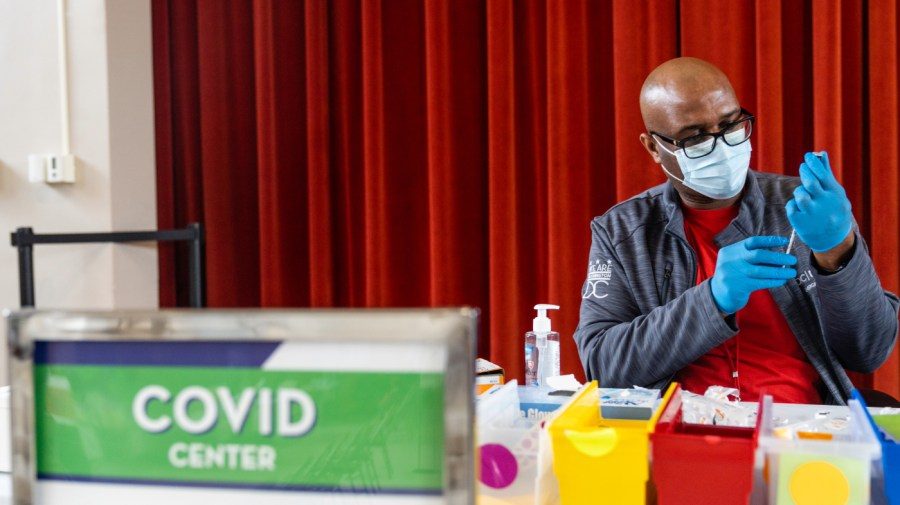COVID-19 could increase the risk of major cardiac events, like strokes and heart attacks, according to a study from the Keck School of Medicine of University of Southern California; the University of California, Los Angeles; and Cleveland Clinic released Wednesday.
The findings revealed individuals with A, B and AB blood types that contracted a severe version of COVID-19 are more likely to have future heart problems than people with an O blood type who had a severe version of COVID-19.
“This study underscores that we should consider history of prior COVID-19 infection when formulating cardiovascular disease preventive plans and goals,” said co-senior author Stanley Hazen.
The study, which took place for 1,003 days, showed patients hospitalized for COVID-19 who had no history of heart disease had the same or slightly higher risk of a major cardiac event than people with heart disease who did not get COVID-19.
The researchers utilized data from 10,005 unvaccinated people in the UK Biobank who had COVID-19 and 217,730 people who did not get infected between Feb. 1, 2020, and Dec. 31, 2020. The researchers then looked for links between severity of COVID-19 infection and major cardiac events over about three years.
Researchers discovered COVID-19 hospitalization can be considered a coronary artery disease (CAD) risk equivalent, a term for a condition that increases risk for future strokes, heart attacks and other problems.
“We’re the first ones to really approach this link from a clinical guidelines standpoint with the CAD equivalence analysis, which can help demonstrate to physicians the potential benefits of taking preventive action,” said James Hilser, the study’s first author.

